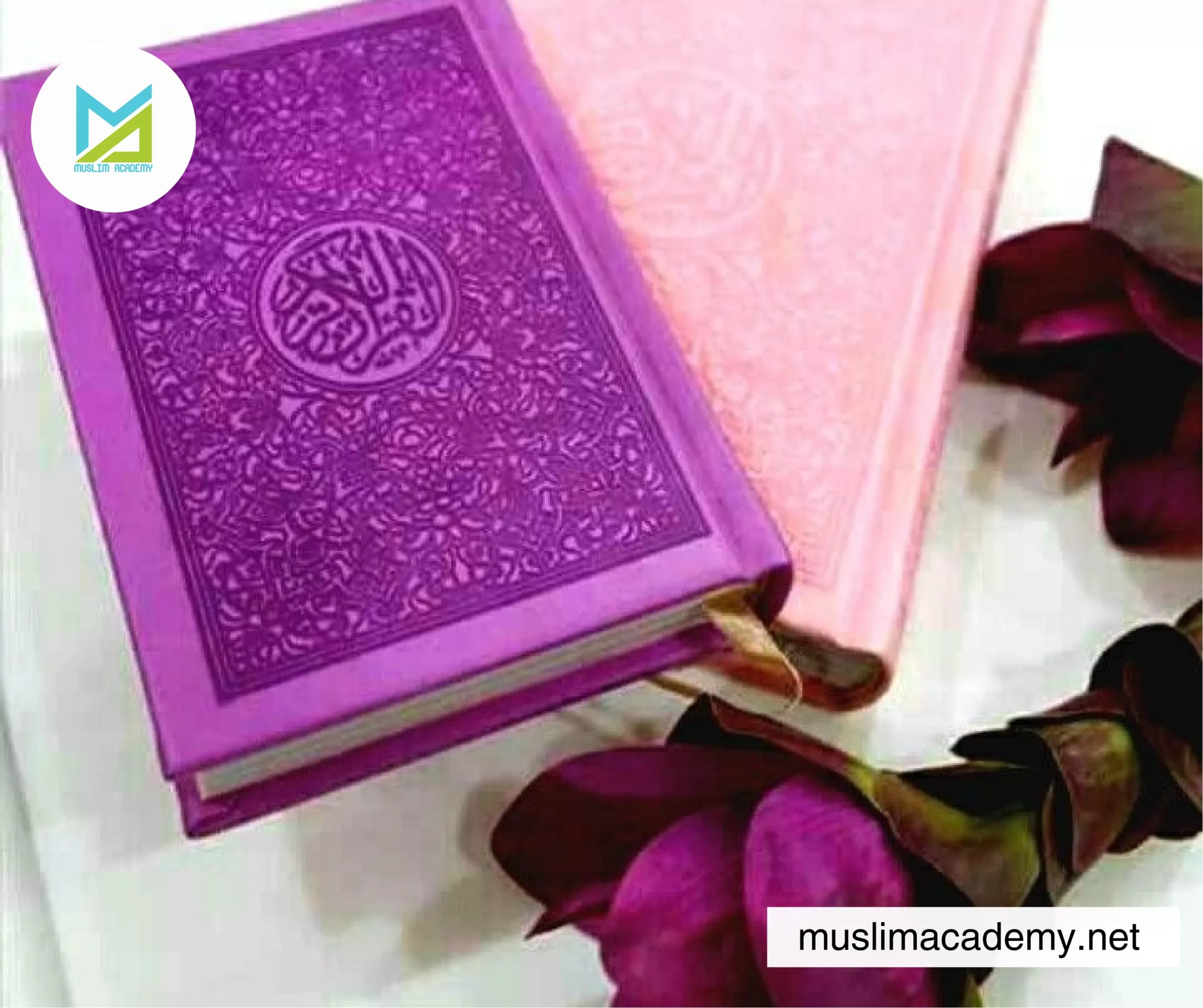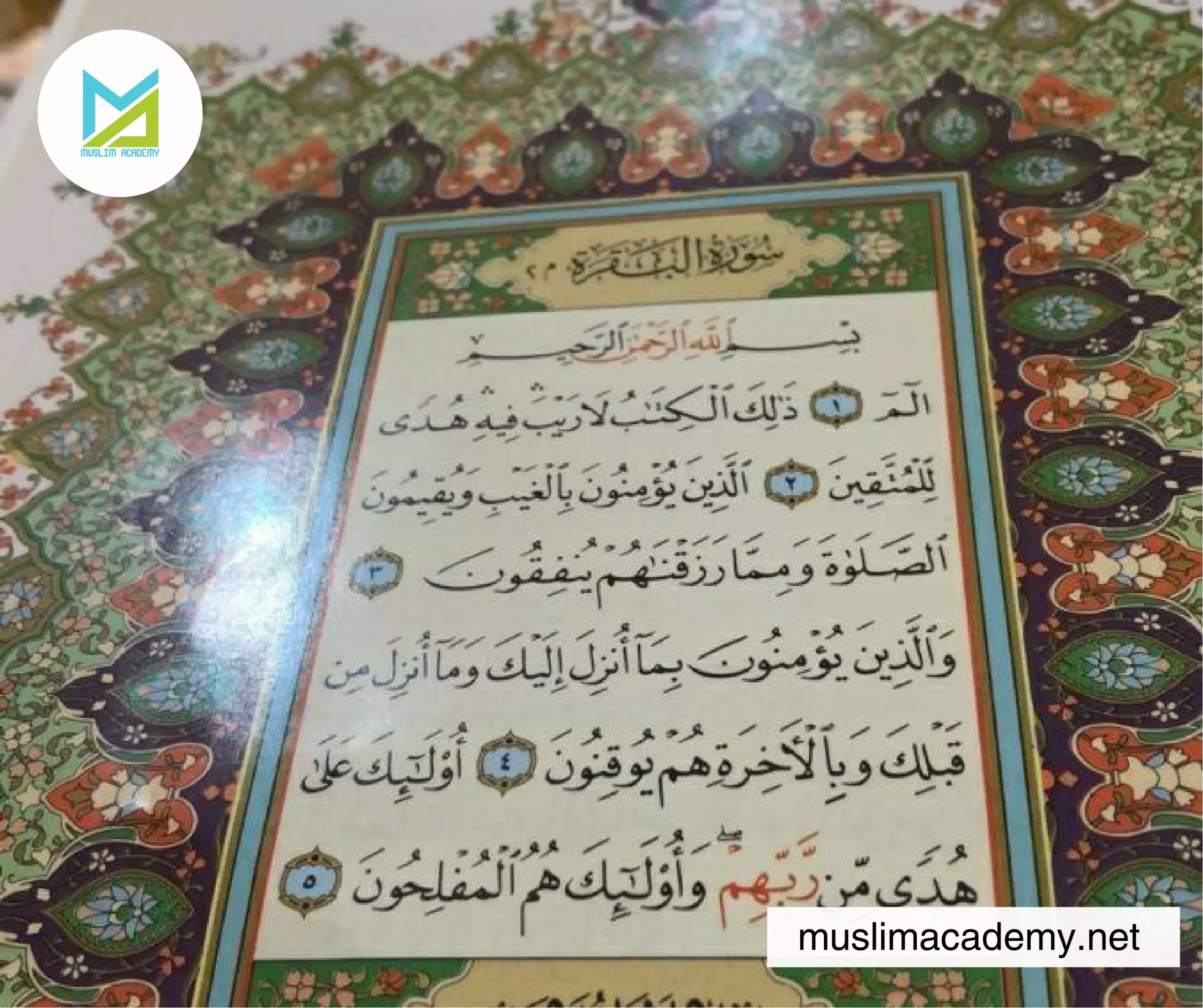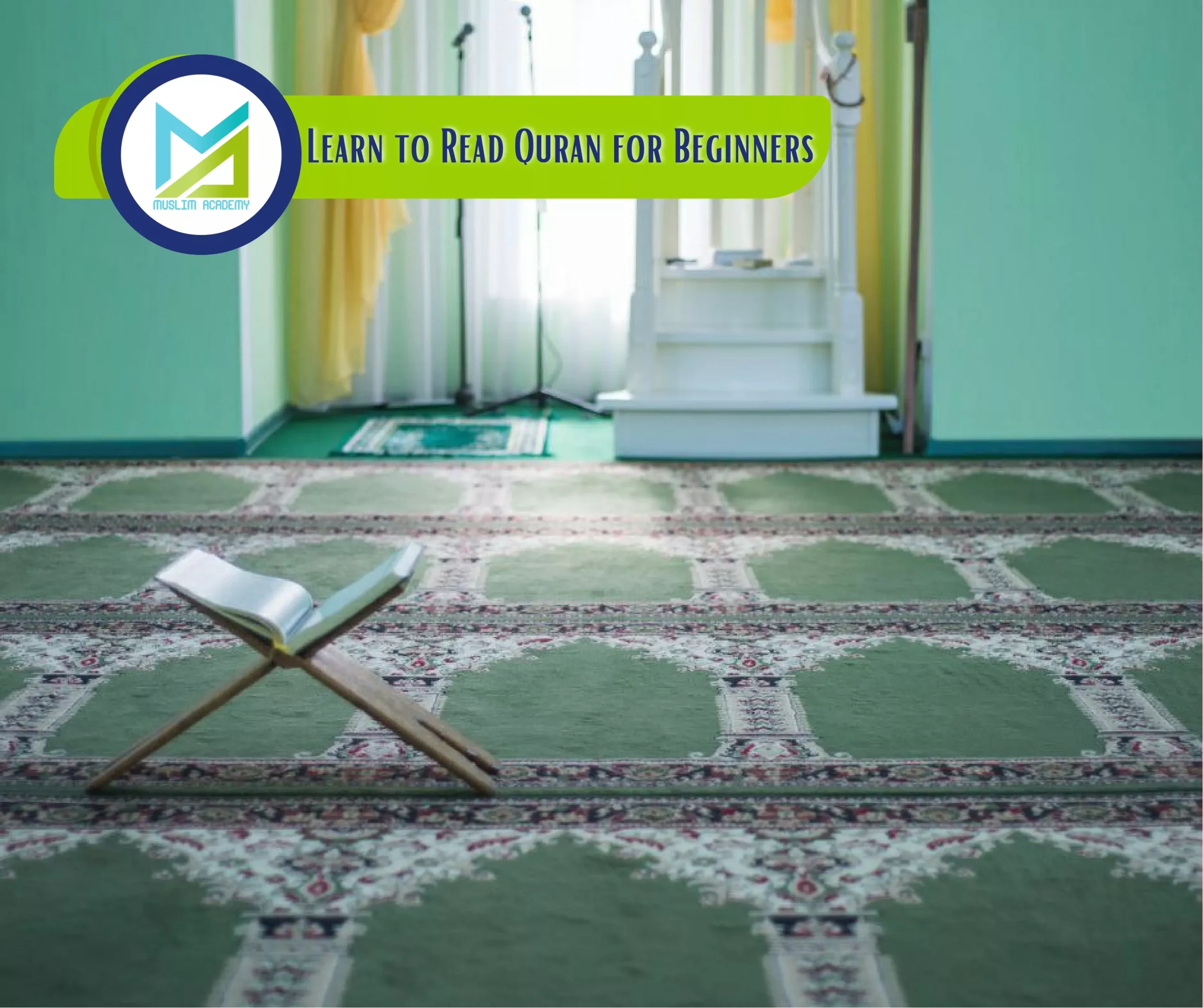Start Online Quran Classes with Muslim Academy
https://muslimacademy.net/index.php/free-trial/
Embarking on the journey to read the Holy Quran represents one of the most meaningful and spiritually enriching endeavors a Muslim can undertake. For those taking their first steps into this sacred practice, the path to Quranic literacy might seem daunting, but with proper guidance and systematic instruction, anyone can master this essential Islamic skill. When individuals decide to Learn To Read the Quran For Beginners with Muslim Academy, they open the door to direct engagement with the divine message while building a foundation for lifelong spiritual growth and Islamic learning.
The process of learning to read the Quran involves much more than simple literacy; it encompasses understanding the unique characteristics of Arabic script, developing proper pronunciation skills, and cultivating the reverence and spiritual awareness that transform mechanical reading into meaningful worship. Students who Learn To Read the Quran For Beginners with Muslim Academy discover that this educational journey strengthens their connection to their faith while providing practical skills that enhance their daily religious practice.
This comprehensive guide addresses the fundamental aspects of Quranic reading instruction, providing beginning students with the knowledge and confidence needed to approach this sacred text with both competence and spiritual appreciation.
Understanding the Foundations of Arabic Script
The Arabic Alphabet and Letter Recognition
The first crucial step for students who want to Learn To Read the Quran For Beginners with Muslim Academy involves mastering the Arabic alphabet, which consists of twenty-eight letters that form the building blocks of Quranic text. Unlike Latin-based scripts, Arabic letters change their appearance depending on their position within words, requiring students to learn multiple forms for each letter.
Beginning students start by learning letter shapes in their isolated forms before progressing to connected writing patterns. This systematic approach ensures a solid foundation while preventing confusion that might arise from attempting to learn all letter variations simultaneously. Regular practice with letter recognition exercises helps students develop the visual familiarity necessary for fluent reading.
The Arabic writing system includes unique features such as right-to-left reading direction and the absence of capital letters, which beginning students must understand and practice consistently. These fundamental differences from other writing systems require patience and repetition to master fully.
Vowel Markings and Pronunciation Guides
Arabic text in the Quran includes diacritical marks called Harakat that indicate vowel sounds and pronunciation guides essential for accurate reading. Students who Learn To Read the Quran For Beginners with Muslim Academy must understand these marking systems, which include short vowels, doubled consonants, and other pronunciation indicators that don’t appear in regular Arabic writing.
These vowel markings serve as training wheels for beginning readers, providing the pronunciation guidance necessary for accurate recitation before students develop the familiarity needed to read unmarked text. Learning to recognize and apply these markings correctly forms a critical component of beginning Quranic education.
The systematic study of vowel markings includes understanding their effects on letter pronunciation, word stress patterns, and overall reading rhythm. This knowledge enables beginning students to approach Quranic text with confidence while building skills that transfer to broader Arabic reading contexts.

Word Formation and Basic Grammar
Understanding how Arabic letters combine to form words represents another essential skill for students who Learn To Read the Quran For Beginners with Muslim Academy. Arabic word formation follows specific patterns based on root-letter systems that create families of related words sharing common meanings and characteristics.
Beginning students learn to recognize common word patterns and root structures that appear frequently throughout the Quran. This pattern recognition accelerates reading development while providing insights into Arabic language structure that enhance comprehension and retention.
Basic grammatical concepts such as definite articles, verb forms, and noun patterns help beginning readers understand the structure of Quranic sentences and phrases. While a comprehensive grammar study comes later, fundamental concepts support early reading development and comprehension.
Systematic Learning Methodology for Beginners
Building Letter Recognition Skills
The journey to Learn To Read the Quran For Beginners with Muslim Academy typically begins with intensive letter recognition practice using various engaging methods that help students memorize letter shapes and sounds. Beginning students often use flashcards, tracing exercises, and repetitive writing practice to develop automatic letter recognition skills.
Interactive learning approaches include games and activities that make letter learning enjoyable while reinforcing essential skills. Students might practice letter identification through matching exercises, sorting activities, and timed recognition challenges that build speed and accuracy simultaneously.
The progression from individual letter recognition to letter combinations and simple words follows a carefully structured sequence that prevents overwhelming beginning students while ensuring steady skill development. Regular assessment helps identify areas requiring additional practice while celebrating progress and achievements.

Developing Pronunciation Accuracy
Proper pronunciation forms a crucial component of Quranic reading that requires specific attention for students who Learn To Read Quran For Beginners with Muslim Academy. Arabic contains sounds that don’t exist in many other languages, requiring beginning students to train their vocal organs to produce unfamiliar sounds accurately.
Beginning pronunciation instruction often includes exercises that help students understand tongue positions, breath control, and vocal techniques necessary for accurate Arabic sound production. Mirror practice, audio comparison, and repetitive pronunciation drills help students develop muscle memory for correct sound production.
Instructor feedback plays a vital role in pronunciation development, as beginning students need immediate correction to prevent the establishment of incorrect pronunciation habits that become difficult to change later. Regular pronunciation assessment ensures steady progress toward accuracy goals.
Progressive Text Reading Practice
Students who Learn To Read the Quran For Beginners with Muslim Academy progress systematically from individual word reading to complete verse recitation through carefully sequenced practice materials. Beginning texts typically include short, frequently recited chapters that provide practical application for newly learned skills while building confidence through recognizable content.
The progression includes reading exercises that gradually increase in complexity, introducing new letter combinations, pronunciation challenges, and rhythm patterns at manageable rates. Students practice with guided reading sessions before attempting independent recitation of new materials.
Regular review of previously learned passages helps reinforce skills while building reading fluency and confidence. This spiral approach ensures retention of early learning while supporting continued skill development through increasingly challenging materials.
Essential Learning Resources and Tools
Traditional Learning Materials
Students who Learn To Read the Quran For Beginners with Muslim Academy benefit from well-designed textbooks and workbooks that provide systematic instruction in Arabic reading skills. Traditional learning materials often include step-by-step lesson progressions, practice exercises, and assessment tools that support structured learning.
Quality beginner textbooks typically feature clear letter illustrations, pronunciation guides, and graduated reading exercises that build skills systematically. These materials provide reference resources that students can use for independent study and review between instructional sessions.
Supplementary materials, such as audio recordings of proper pronunciation examples, help beginning students develop accurate sound recognition and pronunciation patterns. These audio resources prove particularly valuable for students learning without direct instructor access or those needing additional practice opportunities.
Digital Learning Platforms and Applications
Modern technology has created numerous digital resources that support students who want to Learn To read the Quran For Beginners with Muslim Academy through interactive applications and online platforms. These digital tools often include features such as audio pronunciation guides, interactive letter recognition games, and progress tracking systems.
Mobile applications designed for beginning Quranic readers provide convenient access to practice materials and learning exercises that can be used during brief free periods throughout the day. This accessibility supports consistent practice that accelerates skill development.
Interactive features such as pronunciation comparison tools allow beginning students to record their recitation attempts and compare them with model examples, providing immediate feedback that supports independent learning and skill refinement.
Community Learning Opportunities
Many mosques and Islamic centers offer beginner Quranic reading classes that provide group learning environments and community support for students who Learn To Read the Quran For Beginners with Muslim Academy. These community programs often include peer interaction opportunities and instructor guidance that enhance individual study efforts.
Group learning environments motivate shared experiences while offering opportunities for collaborative practice and mutual encouragement. Beginning students often find that learning alongside others facing similar challenges creates supportive relationships that sustain long-term commitment.
Community programs frequently include family learning components that enable parents and children to learn together, creating household environments that support and reinforce Quranic reading development for all family members.
Overcoming Common Challenges
Managing Learning Anxiety and Building Confidence
Many students who begin to Learn To Read the Quran For Beginners with Muslim Academy experience anxiety about making mistakes or failing to progress quickly enough. These concerns are natural and can be addressed through realistic expectation setting, celebration of incremental progress, and supportive learning environments that emphasize growth over perfection.
Building confidence requires recognizing that Quranic reading mastery develops gradually through consistent practice and patience. Beginning students benefit from understanding that errors are natural parts of the learning process rather than indicators of inadequacy or failure.
Supportive instructors and learning communities help beginning students maintain positive attitudes while encouraging them during challenging periods. Regular acknowledgment of progress achievements helps sustain motivation throughout the learning journey.
Balancing Speed and Accuracy
Beginning students often struggle with balancing reading speed and pronunciation accuracy, sometimes rushing through text at the expense of proper pronunciation or reading so slowly that they lose rhythm and flow. Students who Learn To Read the Quran For Beginners with Muslim Academy need guidance on finding appropriate pacing that maintains accuracy while building fluency gradually.
Effective instruction emphasizes accuracy over speed during initial learning phases, with fluency development occurring naturally through continued practice and familiarity. Beginning students learn that proper pronunciation forms the foundation for all subsequent skill development.
Progressive speed-building exercises help students increase reading pace while maintaining accuracy standards. These exercises provide structured approaches to fluency development that prevent the sacrifice of pronunciation quality for reading speed.
Creating Sustainable Learning Habits
Students who successfully Learn To Read the Quran For Beginners with Muslim Academy typically develop consistent daily practice routines that support steady skill development over time. Establishing regular study schedules helps beginning learners maintain momentum while building the discipline necessary for long-term success.
Effective practice sessions include a review of previously learned material alongside the introduction of new concepts, ensuring retention while supporting continued progress. Beginning students benefit from understanding that brief, consistent practice sessions often prove more effective than lengthy, infrequent study periods.
The journey to Learn To Read Quran For Beginners with Muslim Academy represents the first step in a lifelong relationship with the sacred text that will continue to deepen and enrich through continued study and spiritual practice. With proper guidance, realistic expectations, and consistent effort, beginning students can develop the skills necessary to engage directly with the divine message while building foundations for advanced Islamic learning and spiritual growth.
